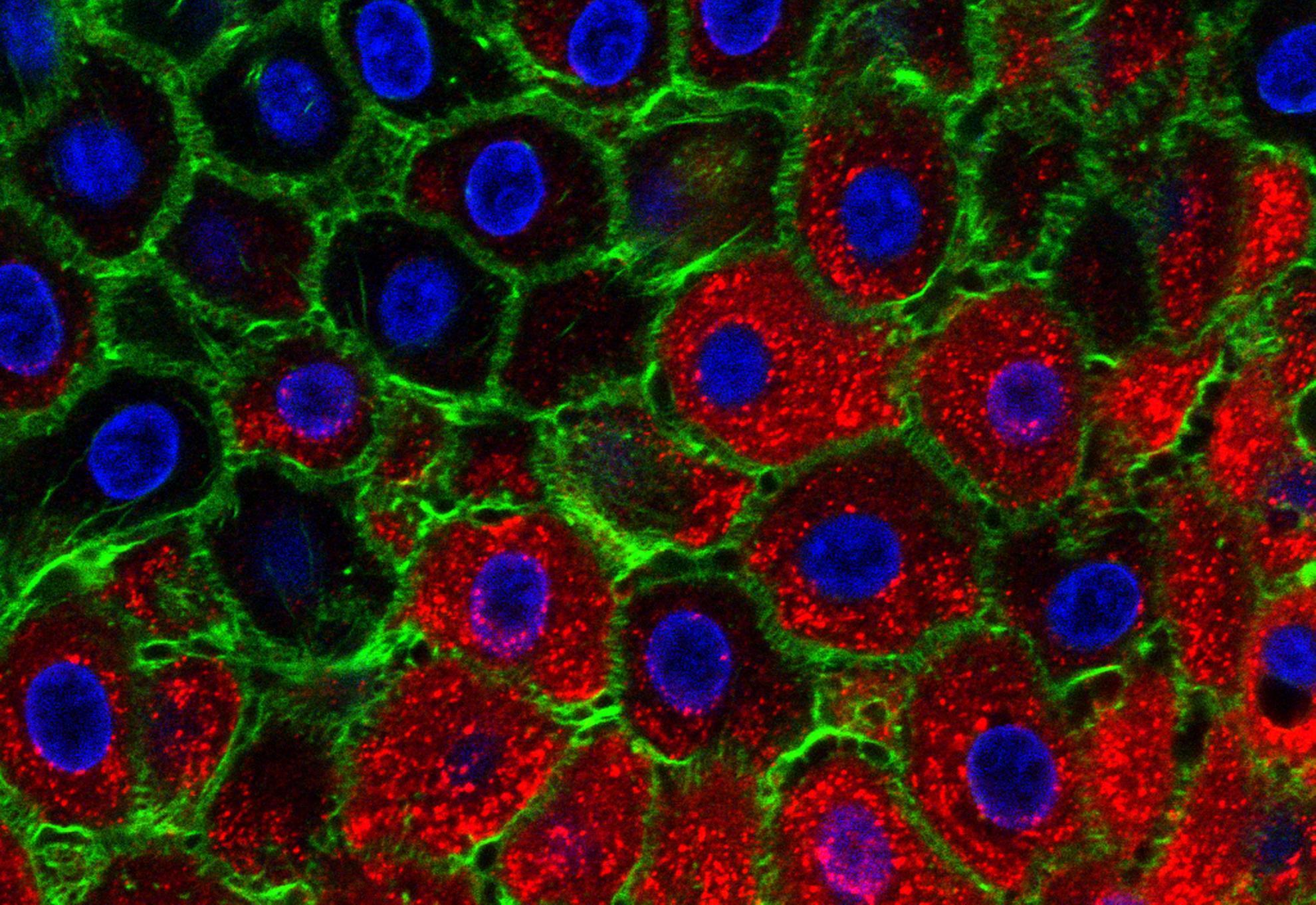Global foot-and-mouth disease research update and gap analysis: 5 biotherapeutics and disinfectants
We assessed knowledge gaps in foot-and-mouth disease (FMD) research. Findings are reported in a series of papers, and in this article, we consider biotherapeutics and disinfectants. The study took the form of a literature review (20112015) combined with research updates collected in 2014 from 33 institutes from across the world. Findings were used to identify priority areas for future FMD research. While vaccines will remain the key immunological intervention used against FMD virus (FMDV) for the foreseeable future, it takes a few days for the immune system to respond to vaccination. In an outbreak situation, protection could potentially be provided during this period by the application of rapid, short-acting biotherapeutics, aiming either to stimulate a non-specific antiviral state in the animal or to specifically inhibit a part of the viral life cycle. Certain antiviral cytokines have been shown to promote rapid protection against FMD; however, the effects of different immune-modulators appear to vary across species in ways and for reasons that are not yet understood. Major barriers to the effective incorporation of biotherapeutics into control strategies are cost, limited understanding of their effect on subsequent immune responses to vaccines and uncertainty about their potential impact if used for disease containment. Recent research has highlighted the importance of environmental contamination in FMDV transmission. Effective disinfectants for FMDV have long been available, but research is being conducted to further develop methods for quantitatively evaluating their performance under field, or near-field, conditions. During outbreaks in South Korea in 2010 there was public concern about potential environmental contamination after the mass use of disinfectant and mass burial of culled stock; this should be considered during outbreak contingency planning.
